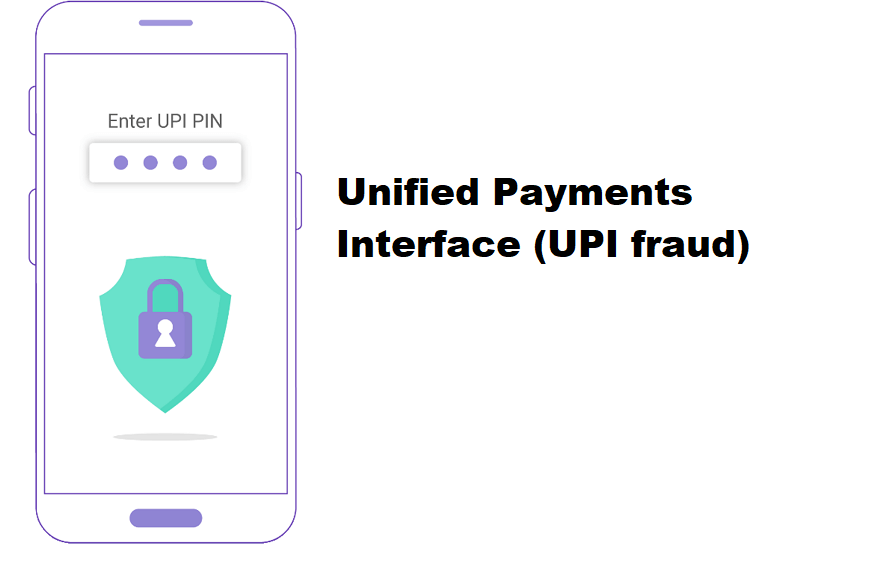Unified Payments Interface (UPI) fraud typically involves unauthorized transactions or deception carried out through the UPI system, which is a real-time payment system developed by the National Payments Corporation of India (NPCI).

Here’s how UPI fraud can occur:
Don’t Miss: Xanthosoma Reviews
Phishing:
Fraudsters may send fake messages, emails, or make phone calls pretending to be from a bank, UPI service provider, or government agency.
They trick users into revealing sensitive information like UPI PIN, OTP (One Time Password), or bank account details.
Fraudulent Apps or Websites:
Criminals create fake UPI apps or websites that mimic legitimate ones.
Users may unwittingly download these apps or visit these websites and enter their UPI credentials, enabling fraudsters to access their accounts.
SIM Swapping:
Fraudsters may use social engineering techniques to convince mobile service providers to swap the victim’s SIM card to a new one controlled by the fraudster.
With control over the victim’s phone number, they can intercept OTPs and gain access to their UPI account.
Vishing:
This involves fraudulent phone calls where scammers impersonate bank officials or UPI service providers and convince victims to disclose their UPI PIN, OTP, or other sensitive information.
Malware:
Malicious software installed on a user’s device can record keystrokes or capture sensitive information, including UPI credentials, without the user’s knowledge.
Remote Access Apps:
Fraudsters may convince victims to install remote access apps on their devices, claiming to provide technical support.
Once installed, these apps enable fraudsters to access the victim’s device and carry out fraudulent transactions.
Social Engineering:
Fraudsters may exploit personal information available on social media or other sources to deceive users into believing they are trustworthy.
They then persuade users to share their UPI credentials or carry out transactions on their behalf.
To prevent UPI fraud, users should:
- Never share UPI PIN, OTP, or other sensitive information with anyone.
- Study the reliability of applications and platforms before downloading or using them.
- Keep their devices and security software updated to protect against malware.
- Be cautious of unsolicited communications and verify the identity of callers claiming to be from banks or UPI service providers.
- Enable multi-factor authentication and use strong, unique passwords for UPI accounts.
- Regularly monitor their bank statements and report any suspicious transactions immediately to their bank and law enforcement authorities.
